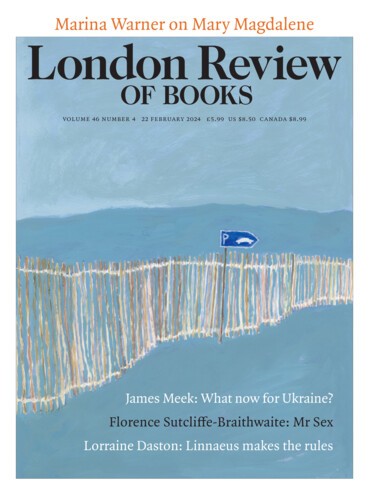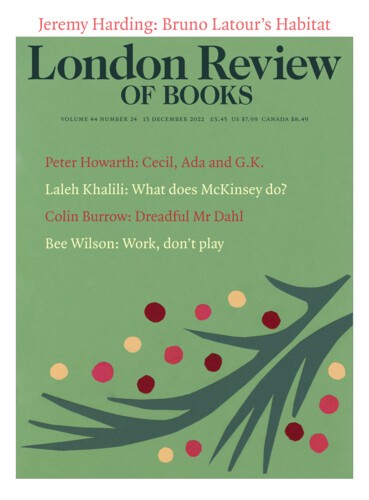Multiplying Marys: On Mary Magdalene
Marina Warner, 22 February 2024
Almost every woman in the story of Jesus is called Mary. Sometimes the writers of the gospels got round this by adding a patronymic or a husband (Mary Salome, Mary of Cleophas, Mary Jacobi). The Virgin Mary has a stable identity as the mother of Jesus, but at least one document (attributed to Cyril of Jerusalem) bundled all the Marys into one. More commonly, the Marys have combined and then...





